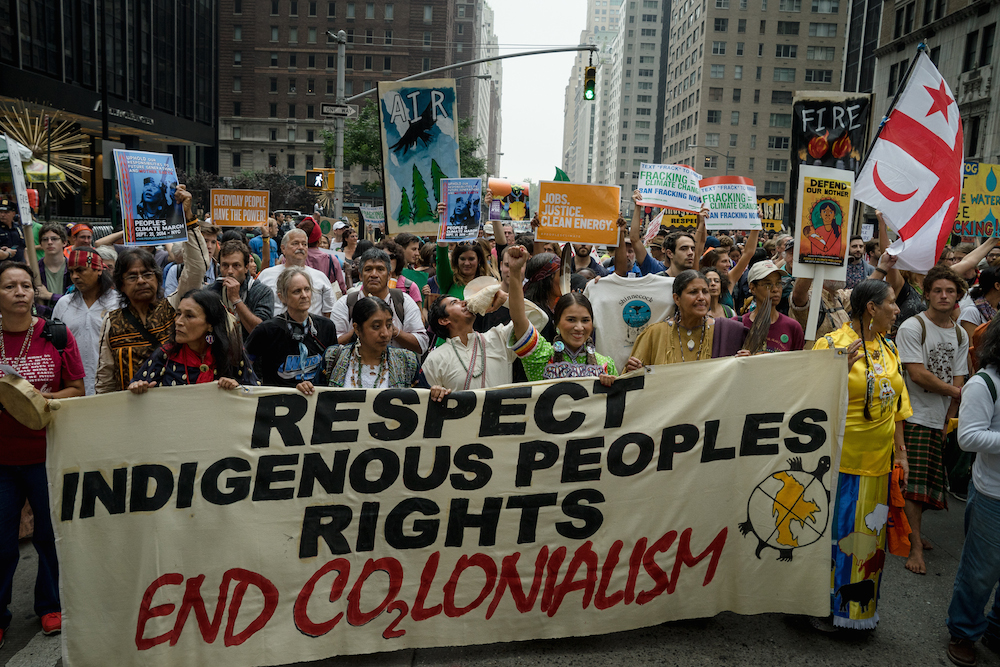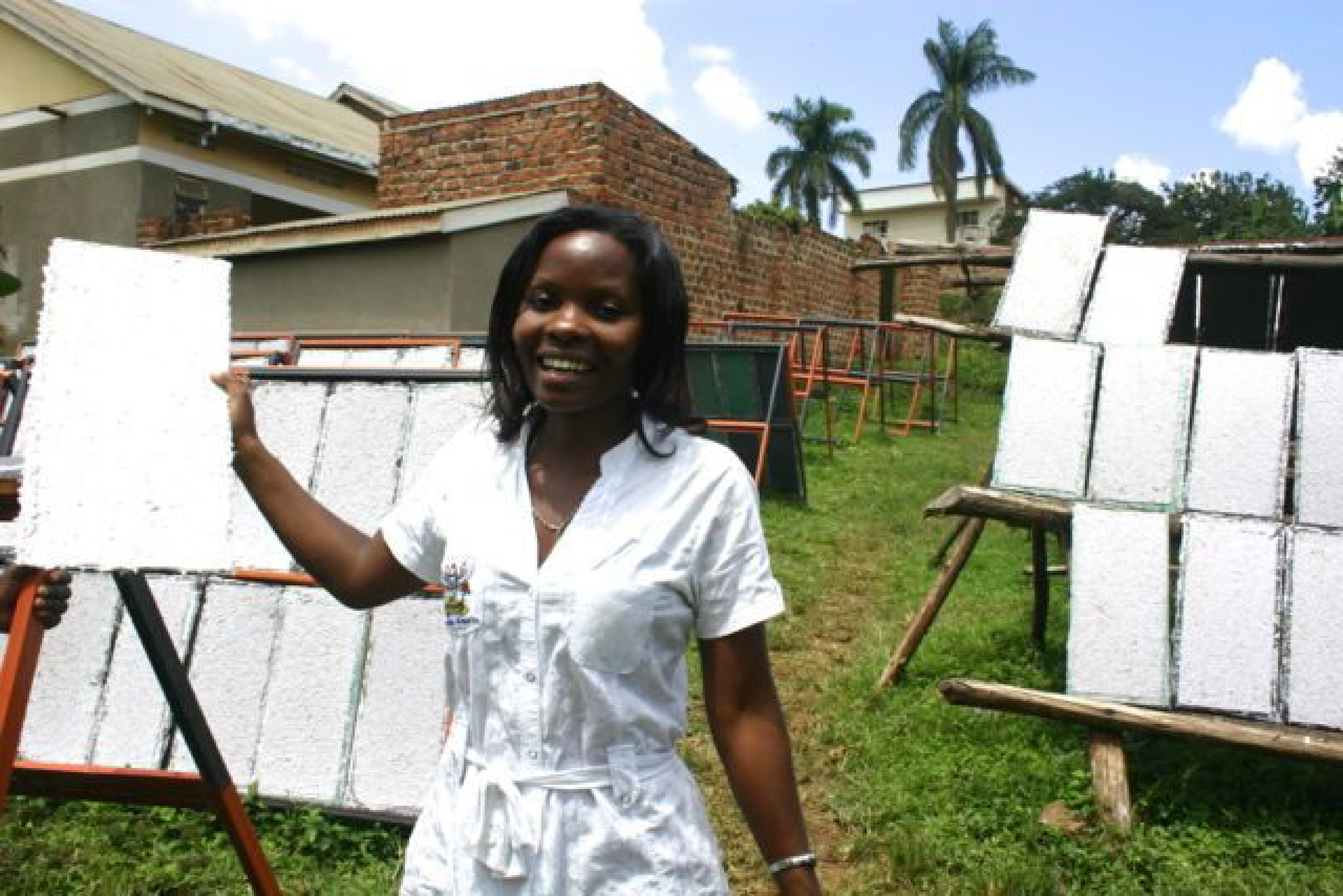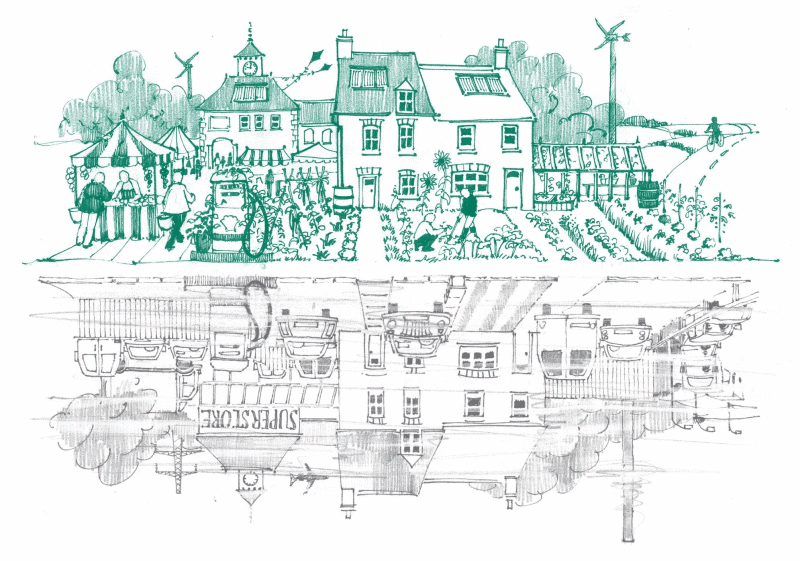Idle No More: Indigenous activists call for peaceful revolution
How can Indigenous peoples bring environmental sustainability and social justice issues together into a single transformative movement? Idle No More activists at the Peoples Climate March 2014 Photo by Allan Lisner It all started in 2012 when four Canadian women (primarily Indigenous) wanted to protest against federal legislation which threatened protection of traditional lands and waters. They felt as if conventional negotiation tactics were not resulting in meaningful [...]





